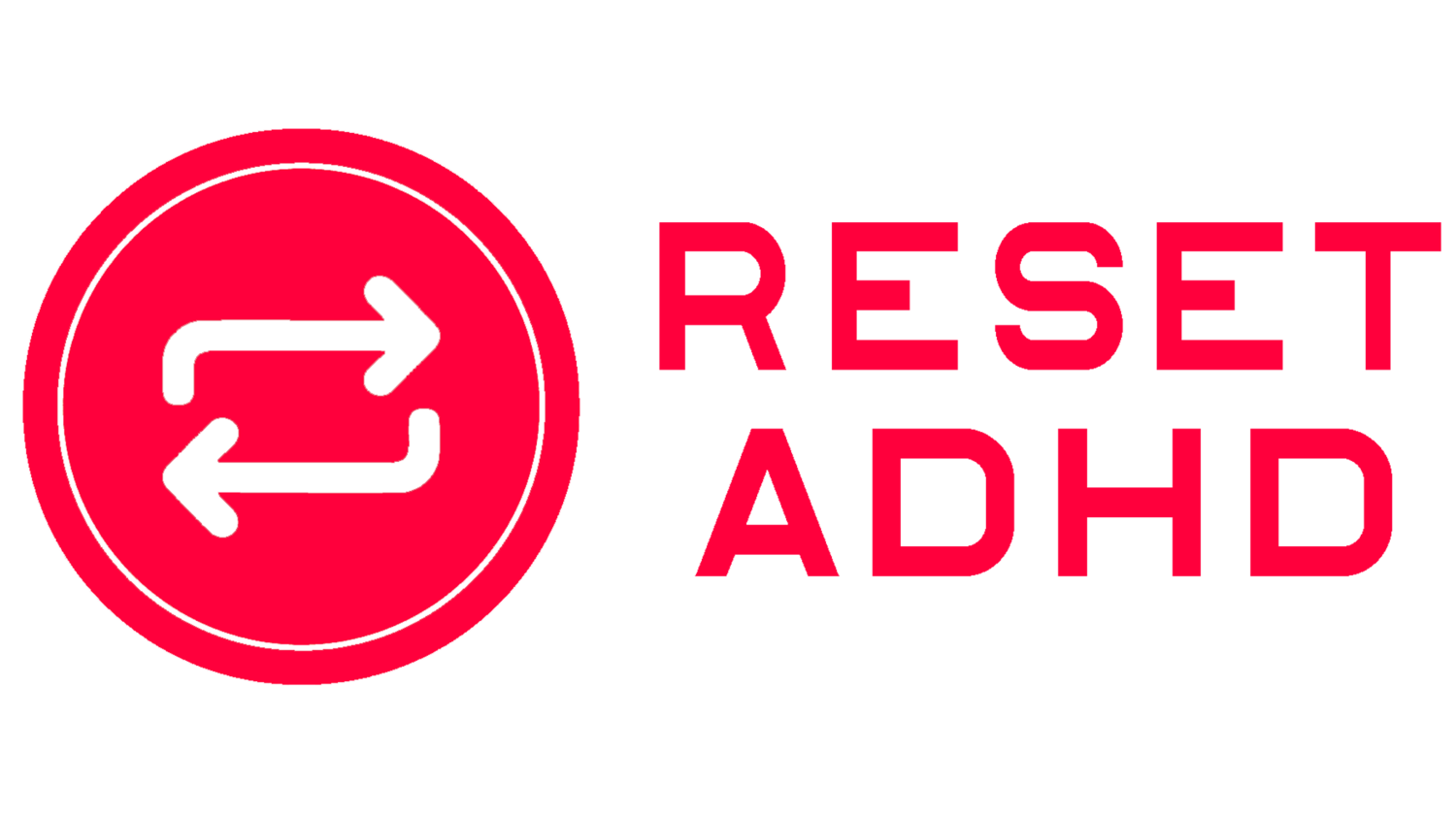Why Exercise Is Important for the ADHD Brain
Exercise is one of the most common “alternative treatments” for ADHD bandied about on the internet. At first glance, it might seem weird that this would be promoted for ADHD. How would going for a run help one’s ability to concentrate? However, this issue is not without at least some scientific backing.
Encouragement of the Production of Dopamine, Norepinephrine, and Serotonin
Exercise has been found to encourage the production of dopamine, norepinephrine, and serotonin.
Dopamine
Dopamine is a neurotransmitter that influences the brain’s reward and pleasure centers. It allows us to identify rewards and move towards them. Without enough dopamine, the ADHD brain is prone to having a reward deficiency which makes it hard for the brain to feel rewarded and, when it is rewarded, the rewards are not as rewarding as they otherwise would be. An increase in dopamine helps your brain feel rewards.
Norepinephrine
Norepinephrine plays a huge role in attention and focus. Drugs that treat ADHD are designed to increase norepinephrine and the aforementioned dopamine. This is one of the reasons people make the bold claim that exercise can act as a drug to treat ADHD. (Reset ADHD makes no such claim because more research is needed in this area.)
Serotonin
Serotonin does a lot for the human body. It affects both are emotions and motor skills, as well as a host of other things. It is sometimes called a natural mood stabilizer because it can reduce depression and reduce anxiety. In addition, this chemical controls waking and sleeping. Serotonin is also involved in having regular bowel movements, bone health, nausea, blood clotting, and healing wounds.
Endorphin Production
Endorphins reduce pain and increase pleasure. In short, you want endorphins. Exercise has been found to increase endorphins. BOOM.
ADHD Symptom Improvement?
Many people claim to have improved their ADHD symptoms through daily exercise. I have heard people who and read articles that compare exercise to stimulant medications. At this point in time, those claims are to be taken with a grain of salt. However, exercise has only positive side effects (provided you do not injure yourself in the process). It is entirely safe to try using exercise to improve your ADHD symptoms
Emerging Studies
Because of the substantial amount of anecdotal evidence for the improvement of ADHD symptoms through exercise, researchers are beginning to examine the effect of exercise on ADHD.
A 2012 study by Olga G. Berwid and Jeffery M. Halperin found that “[r]esearch in animals and human adults provides compelling evidence that aerobic exercise can enhance neural growth and development, and improve cognitive and behavioral functioning.” In addition they found a small amount of research that has shown that greater fitness can help increase executive functioning. The study goes on to caution: “However, far more research is necessary before widespread use of such interventions would be warranted.” While providing optimism for a benefit of exercise on executive functioning, they do stress the need for more studies before any definitive word on the subject can be proclaimed.
Additional research came in 2014 when Hillman et al found “…a causal effect of a [physical activity] program on executive control, and provide support for PA for improving childhood cognition and brain health.” This is the type of research Berwid and Halperin called for, and it seems to lend credibility that exercise can help ADHD.
BUT, Exercise Is BORING and Yucky
Yes, exercise sucks. It's boring, and if you do enough of it, you feel tired and yucky. This why Reset ADHD has published blog posts about fun ways of exercising. It is important to exercise, but the fickle nature of ADHD can make actually doing it difficult. The key is to make it fun, so you are not bored and do not care about feeling tired.
Today’s Reset ADHD Challenge:
Get some exercise!
LIKE THIS BLOG POST? CLICK HERE TO SUPPORT THE BLOG!
Sources:
Berwid, O. G., & Halperin, J. M. (2012, October). Emerging Support for a Role of Exercise in Attention-Deficit/Hyperactivity Disorder Intervention Planning. Retrieved from https://www.ncbi.nlm.nih.gov/pmc/articles/PMC3724411/
Hillman, C. H., Pontifex, M. B., Castelli, D. M., Khan, N. A., Raine, L. B., Scudder, M. R., . . .Kamijo, K. (2014, October 01). Effects of the FITKids Randomized Controlled Trial on Executive Control and Brain Function. Retrieved from http://pediatrics.aappublications.org/content/134/4/e1063.full#sec-8

